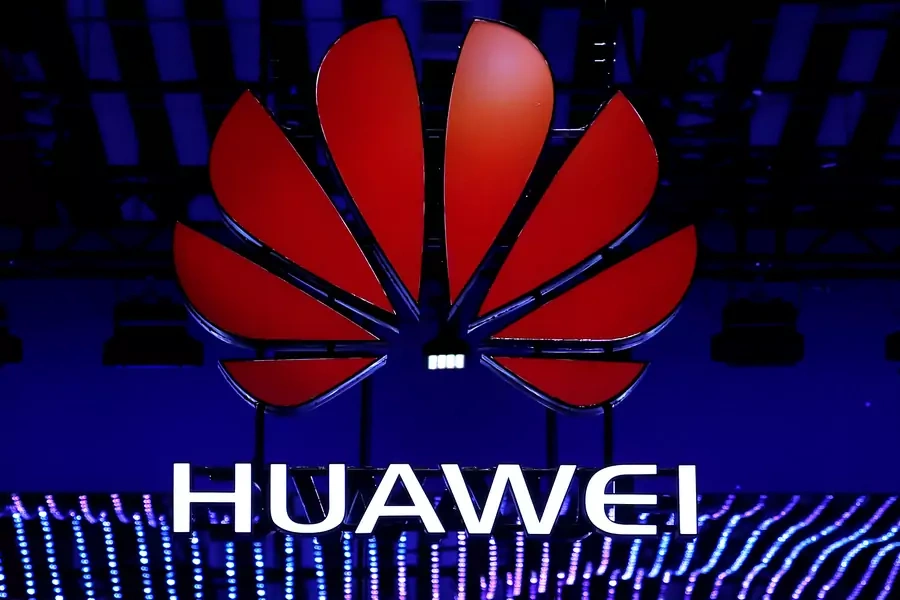Cyber Week in Review: March 30, 2018

Here is a quick round-up of this week’s technology headlines and related stories you may have missed:
1. Everybody's picking on Huawei. Australia and the United States are hitting Huawei with new restrictions to curb the power and influence of Chinese telecommunication juggernauts. Australia is drafting rules to block Chinese companies from building Australia’s 5G mobile phone network, a contract Huawei would otherwise be well positioned to bid for. Likewise, Federal Communications Chairman Ajit Pai is moving to restrict grants and subsidies to small and rural telecoms that use Huawei devices in an effort to discourage their purchase. In an even weightier move, the New York Times reports that the Donald J. Trump administration is considering using an emergency law to limit Chinese investments in sensitive U.S. technology like 5G and microchips. For over a decade, the United States, Australia and others in the West have viewed Huawei with suspicion, believing that its relationship with Beijing poses a national security threat.
More on:
2. Et tu, Apple? As Facebook reels from the fallout of the Cambridge Analytica revelations, Apple CEO Tim Cook called for regulation that would give consumers more control over the data online platforms collect from them. He also took a not-so-subtle jab at Facebook, saying that if he were the company's CEO, he "wouldn't be in this situation." In the past, Apple has tried to use similar privacy controversies to distance itself from Google and Facebook. Unlike its Silicon Valley neighbors, Apple's business model is not reliant on collecting customer data and selling it to advertisers given that Apple customers have to pay to use its products and services. Some, however, were unimpressed by Apple's seemingly holier-than-thou approach. At the end of February, the company handed over control of Chinese users' iCloud accounts to a local cloud service provider, making it easier for Beijing to access them. Apple justified the move as necessary to remain compliant with Chinese law.
3. Never let a good crisis go to waste. A new report from the Department of Justice's Inspector General suggests that the FBI may have tried to exploit the San Bernardino iPhone case in order to set a legal precedent in their favor. In 2016, the U.S. government obtained a warrant compelling Apple to unlock an iPhone used by one of the suspects involved in a terrorist attack in San Bernardino, California. In order to obtain that warrant, the government had to convince the court that it had exhausted all other means to unlock the phone before compelling Apple to do so. According to the Inspector General, that didn't happen. The report reveals that some elements within the FBI believed they had technical means at their disposal to open the phone, but were stymied by superiors who were concerned about the "going dark" problem, and wanted to use the case to set a precedent. The report ultimately concludes that the government did not seek to deliberately mislead the court, though it recommends "improved communication" within various sections within the FBI to prevent a recurrence. Expect skepticism at the government's case the next time it finds itself in court with a tech company over an encrypted device or data.
4. Back to the stone age. Many of Atlanta’s municipal government networks have been taken hostage for over a week by ransomware, shutting down some city services available online and forcing some municipal employees to revert to paper and pen to do their jobs. Atlanta was given an ultimatum to pay $51,000 in bitcoin to have its networks restored, a deadline they let pass. The mayor addressed the public explaining that recovery efforts are “a marathon, not a sprint,” and that the Department of Homeland Security, FBI, and private sector forensic teams are providing assistance. Ransomware has previously targeted municipalities across the country with limited success, such as in 2016 when a police department in Maine had its networks attacked and paid the demanded ransom. CFR Senior Fellow Robert K. Knake argues that the economics of ransomware favor the payment of the ransom, which is why it should be banned. Criminals know that a victim will always prefer to pay a sub-six figure amount to regain access to their network than spending millions to replace bricked computers.
More on:
 Online Store
Online Store